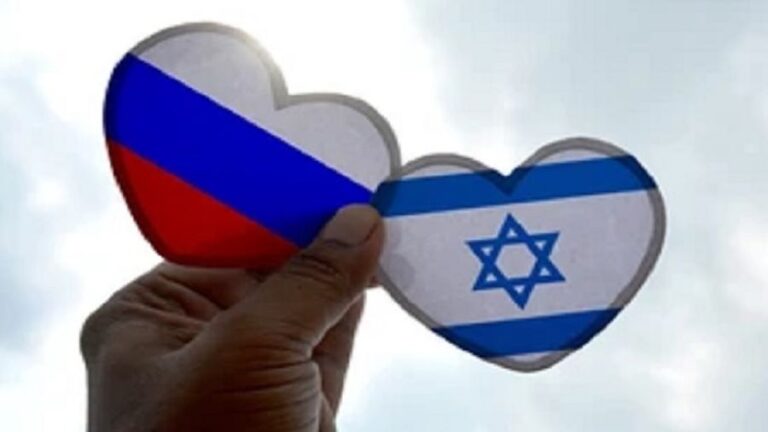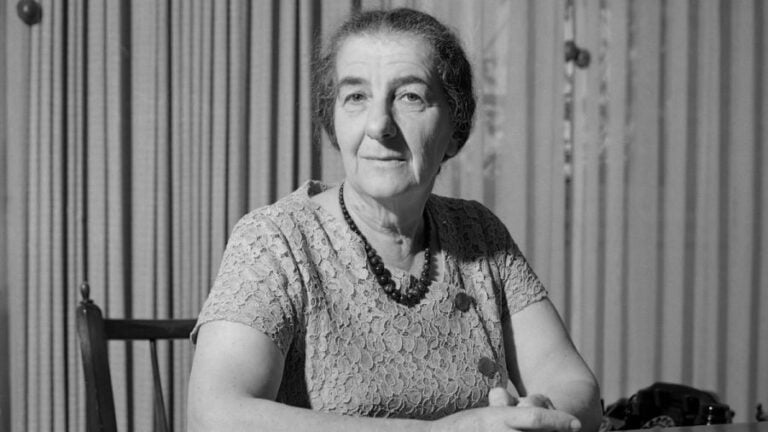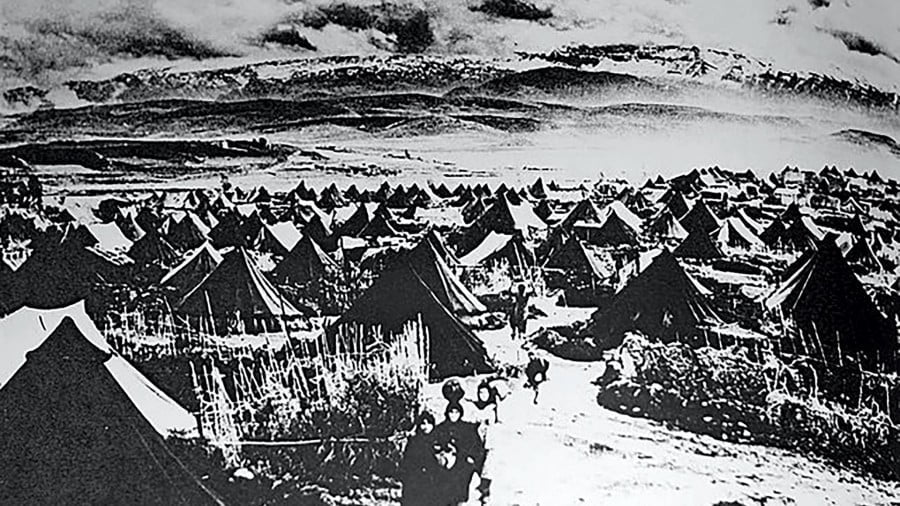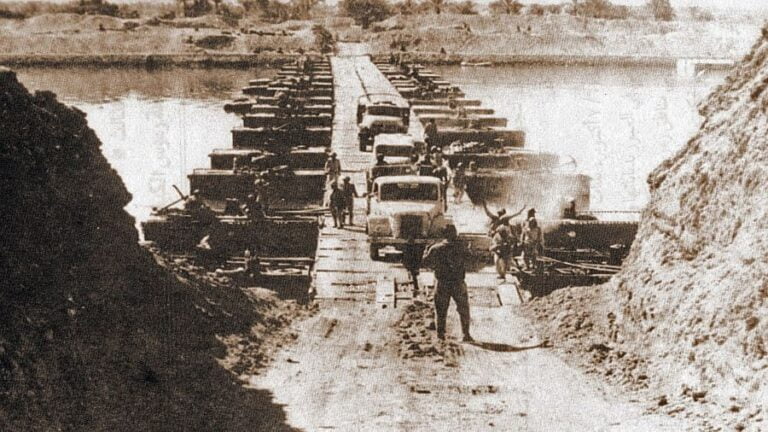‘The Settlers Love Us When We Shoot Arabs’
Elor Azaria’s trial exposed just how influential the actions and ideas of radical settlers are on the conduct of Israeli soldiers in the West Bank.
Two years before Elor Azaria fired one bullet into the head of Abed al Fatah a-Sharif in Tel Rumeida, Hebron before shaking the hand of Israeli settler Baruch Marzel, I stood in an IDF uniform in the same exact place. As video footage of the incident went public, and especially during the testimony phase of the trial, the public became exposed to the extent to which settlers in Hebron influence IDF soldiers’ conduct in violent and destructive ways.
The truth is I did not need the evidence to realize just how deep and significant this phenomenon is. From my experience as an officer in Hebron, the fact that settler Ofer Ohana yelled before the shooting, “The dog is still alive, somebody do something,” and the fact that Azaria received a handshake after he fired his gun was predictable. In fact, it almost goes without saying for anyone who has served in Hebron.
Like Azaria, I also experienced the manipulative behavior of Hebron’s settlers at that exact intersection. Nearly two years before Azaria pulled the trigger, the night the bodies of Gilad Sher, Naftali Frenkel, and Eyal Ifrach were found – the three were kidnapped and murdered by Hamas – our company prepared for retaliatory settler attacks. I deployed my soldiers along the steep road that leads to the Jilber Junction at the entrance to the Palestinian neighborhood in the heart of the Jewish settlement of Tel Rumeida. A Palestinian family, a mother, father, and several small children – walked on the street toward their house. As they got closer to the junction, the settlers screamed louder and louder. I knew that it was going to be violent. I ordered the soldiers to encircle the family and protect them with our bodies.
When the settlers realized we were not going to let them touch the family, they started throwing stones and screaming at us. I heard them say things such as “Nazi,” “You are confused,” “You don’t know who you are protecting.” The truth was at that moment they were right. At that moment, as an IDF officer, I truly did not understand who I was protecting – the Palestinians from the settlers or the settlers from the Palestinians.
Azaria is not alone
Another officer who served in Hebron, Azaria’s company commander, shed light on this reality. In his testimony, Major Tom Na’aman told the court: “The people who live there [settlers] are cynical. They want the person [the stabber] to die anyway… I know what their motives are. The fact that they yelled falsely that the stabber had a concealed explosive was only so no one would treat him.”
Like Major Na’aman, I also came into contact with this kind cynicism, witnessing firsthand the way settlers goad Israeli soldiers in Hebron, provoking them to be violent with Palestinians. A few weeks before I joined the company, a soldier shot a Palestinian demonstrator who threw a Molotov cocktail in the knee. The settlers presented him with an axe as present – a badge of recognition. There is no doubt: the settlers in Hebron love us when we shoot Arabs.

Breaking the Silence has collected hundreds of testimonies that demonstrate that the influence of settlers on the IDF is not unique to the Azaria affair or to Hebron.
The testimonies show that, for example, throughout the West Bank, civilian security coordinators (settlers employed by the IDF to oversee settlement security detail) exploit their positions, and at times even deviate from their authorities, to promote their own political agendas. It is routine for civilian security coordinators to determine operational protocol; in many cases they are the ones giving out orders to soldiers in real time. One of our testifiers, a staff sergeant in the Orev Nahal Unit, said that the civilian security coordinator was even defined by the company commander as “the fourth team company commander.”
It doesn’t end there. The testimonies also reveal that during their service, soldiers are exposed to ideologically-driven educational content. For example, there was an educational series guided by a settler from Ofra who, during a commander course, told the trainees: “Area C is Israeli territory in every sense of the word.” Perusing through thousands of soldier testimonies over the years leaves no room for doubt: these are not isolated failures.
It is vital to understand what happens on the ground. Breaking the Silence’s new report “The High Command,” exposes just how profound settler influence is on IDF conduct in the West Bank and how they use soldiers as tools for promoting and realizing their own political interests.
By Dean Issacharoff
Source: +972 Blog






